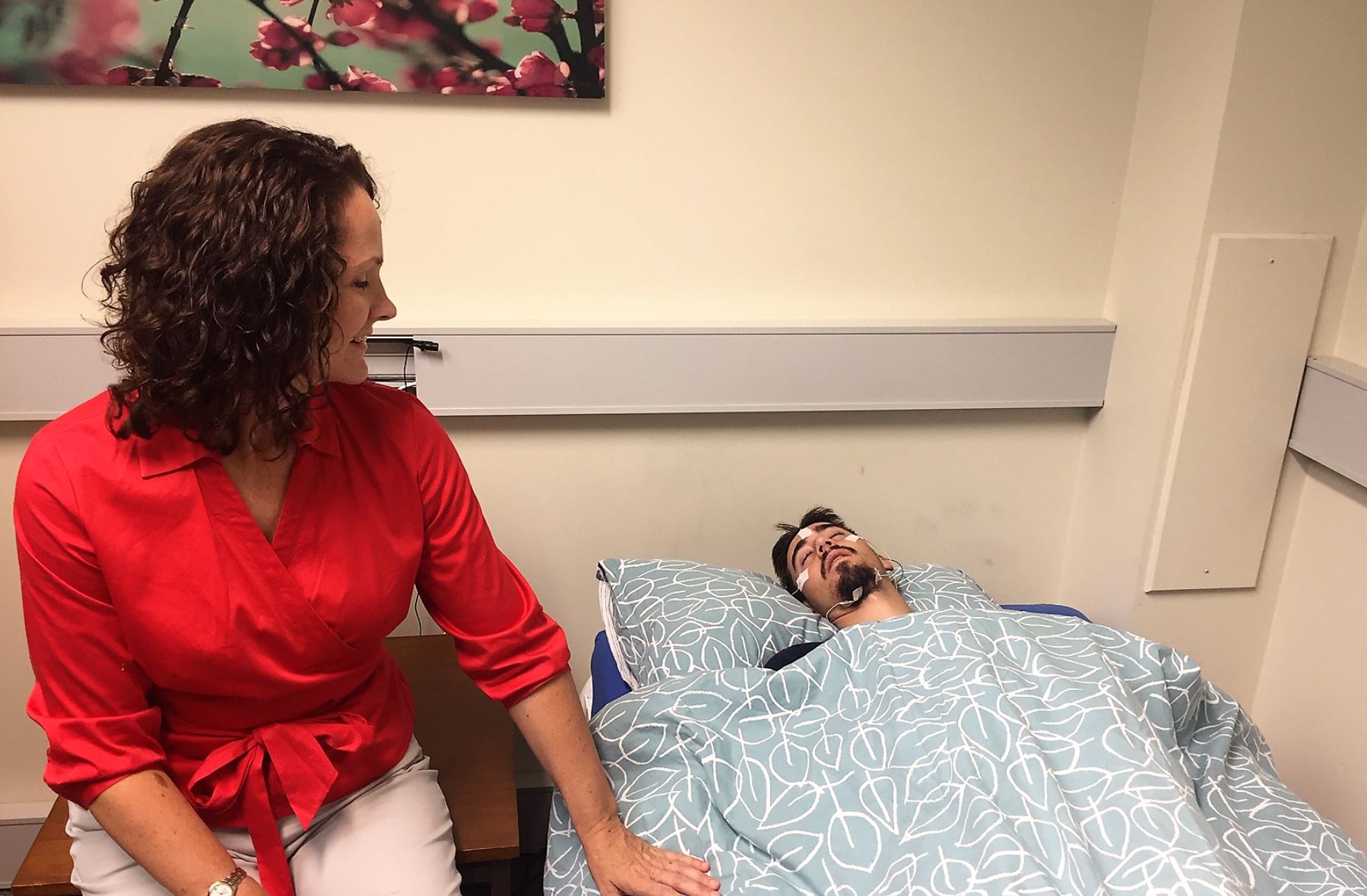
Teenagers who don’t get enough sleep are more likely to take part in dangerous behaviours like smoking cigarettes, consuming alcohol and drugs, unprotected sex, driving dangerously and even acts of violence.
Adolescents need about 8 to 10 hours of sleep per night, researchers say, and the 579,380 teenagers who took part in 24 previous sleep related studies around the world showcased the negative consequences of falling short of recommended sleeping times.
An in-depth analysis reviewed the association between sleep duration and risk-taking in those studies, highlighting the direct link with risk-taking behaviours.
“The results of our analysis indicate a meaningful relationship between sleep duration and risk-taking in adolescents,” says lead author Dr Michelle Short, a postdoctoral researcher at the College of Education, Psychology and Social Work at Flinders University.
“If sleep loss results in more risky decisions, it can begin a self-perpetuating cycle with poor sleep leading to poor decision-making about future sleep and so on.”
The results suggest governments, schools and educational campaigns can change their approach towards minimising risky behaviour by suggesting teens get more rest, according to the research.
“If future research can garner stronger evidence that sleep plays a role in risk-taking then intervention campaigns promoting road safety, drug and alcohol use, will profit from targeting sleep as a means of harm minimisation or reduction,”
“However both risk-taking and sleep duration are likely also impacted by third variables, such as family environment, or a lack of limits which are normally set by parents.”
Previous research suggests not getting enough sleep during adolescence may make people more prone to emotional and behavioural disorders.
In one previous study included in this set of data, lack of sleep caused adolescents to shift their focus from worrying about potential losses, towards seeking more rewards at any cost.
“The importance of sleep should be highlighted in future education campaigns because there is potential for simple interventions to have wide ranging benefits. ”
But Dr Short says more research into links between sleep loss and poor decision making should become a priority to develop those simple interventions for future generations.
“Research examining the mechanisms of action, deserve priority. This is an important and timely issue, given the importance of risk-taking to adolescent well-being, morbidity and mortality.”
The study, ‘Sleep duration and risk taking in adolescents: A systematic review and meta-analysis‘ (2018) by MA Short and N Weber was published online at Sleep Medicine Reviews (Elsevier).
Flinders University’s Child and Adolescent Sleep Clinic is pioneering evidence-based psychological treatments for a wide-range of sleep problems.
Flinders University offers a number of health, psychology, disability support, legal advice and nutritional services through our range of clinics and programs.

